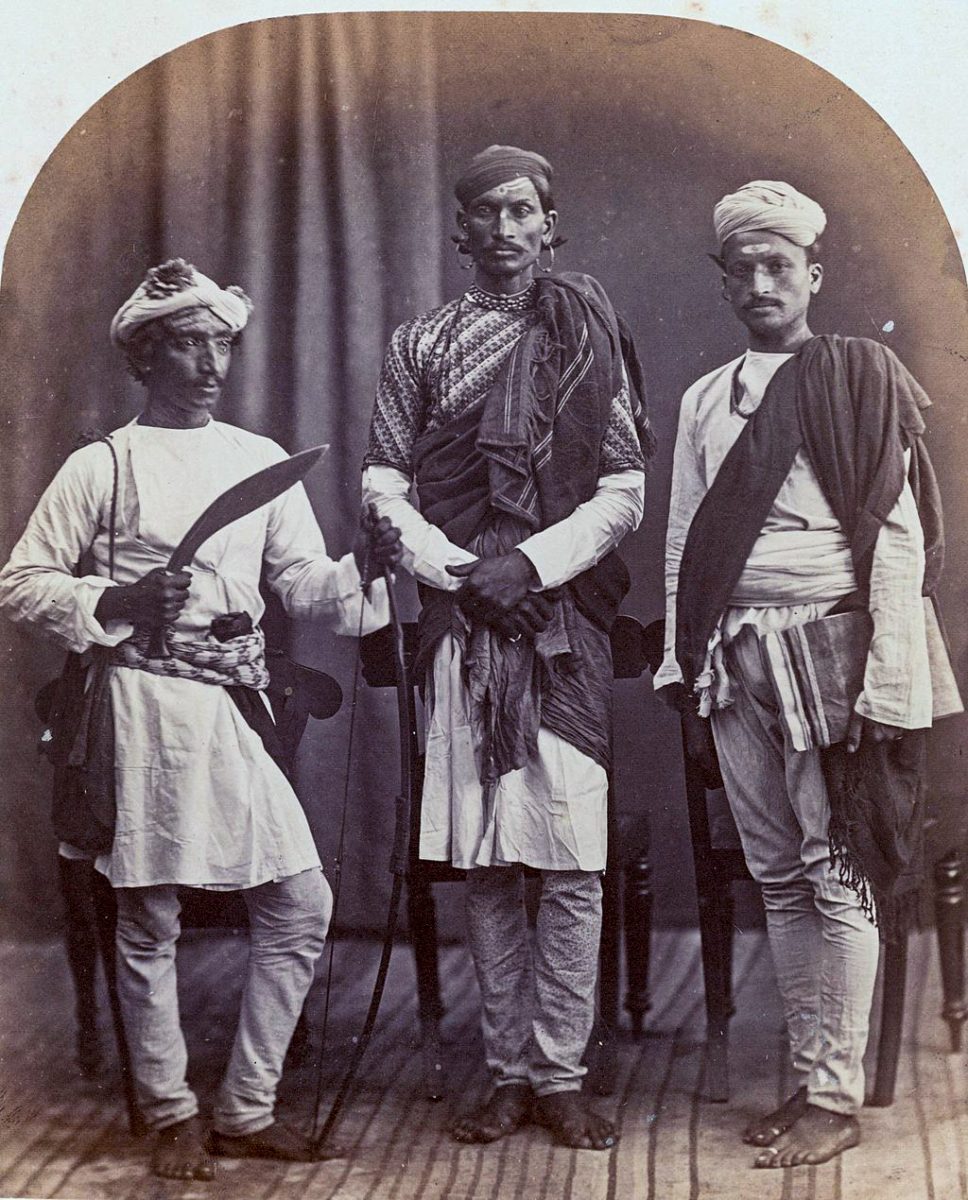Caste has been one of India’s biggest social evils. Enshrined in ancient Hindu texts, it has created hierarchies of power and inequality for thousands of years. This classification decides access to jobs, quality of education, matrimonial prospects and, in some cases, access to drinking water. Given its long history in the Indian subcontinent, caste has permeated every aspect of thinking. It has dehumanized lower caste suffering while also normalizing discrimination and exclusion. Even in the 21st century, it is alive and well, although it has become less overt in nature.
Racism in the United States, albeit relatively recent, has a similar effect on people of color. Indeed, the two oppressive systems have many similarities and spring from the same beliefs of faux superiority.
Despite much agitation and the law-making that followed, no commensurate mitigation of racism can be seen today. Apart from impacting black Americans, racism also affects the large international student community that comes here for higher education. Indian students, too, face the brunt of this discrimination. When this happens, they are quick and loud in their criticism of Western society and its lingering colonial ills.
I think that this reaction to bigotry needs more examination. I agree that it is very important to call out discrimination when we see it. However, this protestation is highly selective and hypocritical because Indians are silent on the caste oppression at home. This is not limited just to the U.S., it also happens in Australia, New Zealand and Britain. Most Indians studying abroad are upper caste and privileged. They have been part of, if not tacitly approved, a system that has systematically oppressed lower castes for centuries. Yet, Indian students invariably fail to see how the caste system in India is almost exactly like the racism abroad that they love to deride.
Most urban, upper caste Indians will altogether deny that caste discrimination exists. It still exists, only its form has changed. Most Indian householders don’t allow their home help to use their toilets. This reminded me of Kathryn Stockett’s novel, “The Help,” in which the Black maid is not allowed to use her white employer’s toilet. A large fraction even use separate utensils for their maids. This is nothing short of untouchability, the ugliest facet of casteism.
Posh housing societies in cities like Mumbai and New Delhi have separate elevators only for domestic workers. How is that any different from segregationist measures that existed in the American South well into the 1960s? Inter caste marriages are still castigated and most upper caste men and women marry within their community. In extreme cases it even leads to honor killings. This mirrors the treatment interracial unions received in the States and even in other countries like Britain.
Apart from this, I also see a palpable resentment in the educated, upper caste Indian towards affirmative action measures like the reservation system. This system reserves seats for members of marginalized castes in government colleges and other institutions. Their privilege blinds them to the generational damage done to such castes and how they were systematically excluded from institutions of knowledge and power for decades. I admit that the reservation system is far from perfect, but it still is better than inaction.
These instances are only the tip of the iceberg and all of these happen every day in urban settings. And I must concede that being an upper caste privileged male myself, there may be so many caste injustices that I don’t even know about. But I highlighted these small instances because I think that calling them out is the least that a privileged male like me can do. One doesn’t need to organize large scale protests to fight the caste system. It starts with little things, like recognizing the discrimination in our own homes and minds. Only then can we move on to unlearning this toxic cultural conditioning.
To qualify what I have said, I don’t think that Indians abroad should meekly submit to racism. However, before they raise their voices, they should look homeward and reflect. They should dwell on how they too have been part, directly or indirectly, of a system that has oppressed countless people in the name of purity. They should try using their privilege to draw attention to not only racism but also to caste oppression, which is just as damaging.
Caste privilege and racism
November 19, 2019
Photo by Creative Commons
Castes
Donate to The Battalion
Your donation will support the student journalists of Texas A&M University - College Station. Your contribution will allow us to purchase equipment and cover our annual website hosting costs.





















